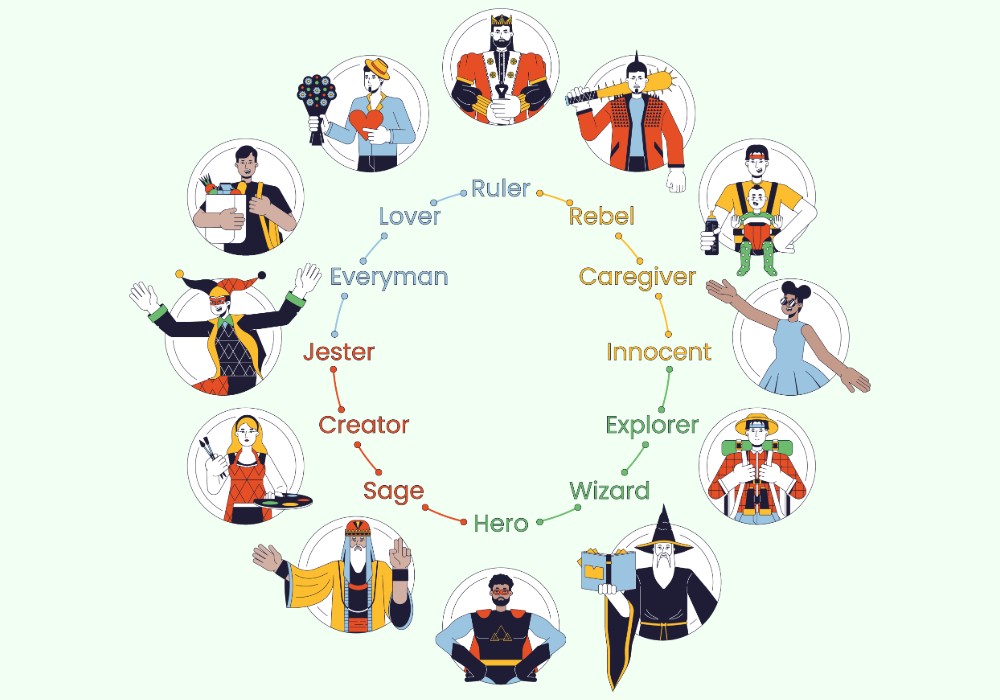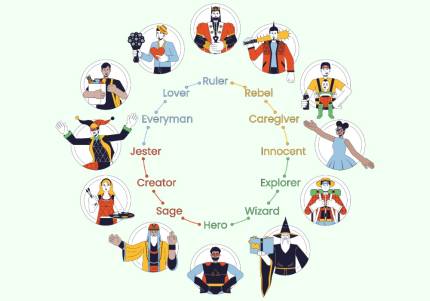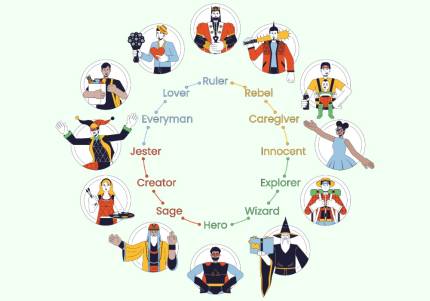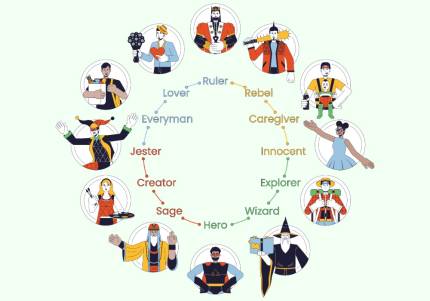The Strengths and Weaknesses of Each MBTI Type: A Complete Personality Test for Strengths and Weaknesses
- 7 May 2025

Understanding Your MBTI Profile
The Myers-Briggs Type Indicator (MBTI) is one of the most popular tools for identifying strengths and weaknesses quiz in the world of personality assessment. Many professionals recommend taking a personal strengths and weaknesses test to gain valuable insights into your natural tendencies and potential growth areas. A free strengths and weaknesses test based on MBTI principles can provide remarkable clarity about your inherent traits and behavioral patterns. The self-assessment of strengths and weaknesses test using the MBTI framework divides personalities into 16 distinct types, each with their own characteristic advantages and challenges.
When you complete my strengths and weaknesses quiz, you'll discover which of the four dichotomies best describe your preferences: Extraversion (E) or Introversion (I), Sensing (S) or Intuition (N), Thinking (T) or Feeling (F), and Judging (J) or Perceiving (P). Many people find that taking a strengths and weaknesses test in PDF format allows them to reflect on their results at their leisure and share them with mentors or coaches. The aptitude test for strengths and weaknesses represented by the MBTI can illuminate not just your current capabilities but also areas where focused development could yield significant results.
The 16 MBTI Types and Their Characteristics
Each MBTI type has a unique profile of talents and challenges, which is why a my strengths and weaknesses test based on this system can be so revealing. Below is a comprehensive overview of all 16 types, organized by temperament groups:
Analysts (NT Types)
- INTJ (The Architect) - Strategic thinkers who excel at systems design
- INTP (The Logician) - Innovative problem-solvers with exceptional analytical abilities
- ENTJ (The Commander) - Natural leaders who implement efficient solutions
- ENTP (The Debater) - Creative visionaries who thrive on intellectual challenges
Diplomats (NF Types)
- INFJ (The Advocate) - Insightful counselors with strong moral convictions
- INFP (The Mediator) - Idealistic healers driven by personal values
- ENFJ (The Protagonist) - Charismatic motivators focused on human potential
- ENFP (The Campaigner) - Enthusiastic catalysts who inspire others
Sentinels (SJ Types)
- ISTJ (The Logistician) - Reliable executors who value tradition and order
- ISFJ (The Defender) - Dedicated protectors who serve with quiet strength
- ESTJ (The Executive) - Efficient administrators who maintain standards
- ESFJ (The Consul) - Supportive harmonizers who build community
Explorers (SP Types)
- ISTP (The Virtuoso) - Practical troubleshooters with technical expertise
- ISFP (The Adventurer) - Versatile artists with aesthetic sensitivity
- ESTP (The Entrepreneur) - Energetic opportunists who take calculated risks
- ESFP (The Entertainer) - Spontaneous performers who bring joy to others
Strengths and Weaknesses Comparison
The professional strengths and weaknesses test based on MBTI can help you understand both your natural talents and potential blind spots. The table below provides a concise overview:
| MBTI Type | Key Strengths | Potential Weaknesses |
|---|---|---|
| INTJ | Strategic thinking, independence, determination | Can be arrogant, overly critical, dismissive of emotions |
| INTP | Analytical skills, originality, intellectual curiosity | May procrastinate, overthink, struggle with practical matters |
| ENTJ | Leadership, efficiency, decisiveness | Can be impatient, domineering, insensitive to others |
| ENTP | Innovation, adaptability, quick thinking | May lack follow-through, be argumentative, neglect details |
How to Use Your Results
After completing a find your strengths and weaknesses test, it's important to approach the results with an open mind. The identify strengths and weaknesses quiz is not about labeling yourself, but rather about gaining self-awareness that can guide personal and professional development. Many people benefit from taking a strengths and weaknesses test for free online as a first step, then seeking more in-depth assessment if the initial results resonate.
Remember that the personality test for strengths and weaknesses should be used as a tool for growth, not as a limitation. While the MBTI can provide valuable insights, it represents preferences rather than abilities, and all types have unique contributions to make to the world. Consider sharing your results with trusted friends or colleagues who can provide feedback on the accuracy of your self-perception.
Conclusion
Understanding your MBTI type through a strengths and weaknesses quiz can be an enlightening journey of self-discovery. The insights gained from this identification process can help you leverage your natural talents while developing strategies to address potential blind spots. Whether you're using these insights for personal growth, career planning, or improving relationships, the MBTI framework offers a valuable lens through which to understand your unique psychological makeup.



